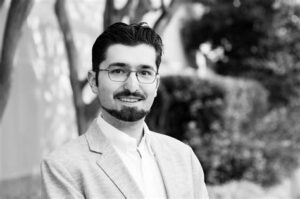Damon Linker had a piece at The Week yesterday, explaining “How to save liberal arts education.” From the article:
The structural trends working against the humanities are just too strong.
There is, for one thing, the way that the old-fashioned American concern with the utility of education has been accentuated by an anemic economy. Employers now want clear evidence that would-be employees possess skills and knowledge directly applicable to a 21st-century economy, and students want to acquire those skills and knowledge in order to be competitive. The ability to analyze a poem or identify a logical fallacy in an argument is impressive in its way, but it’s less obviously marketable than what a student can learn from a major in a STEM field.
More:
Finding a way for the liberal arts to break out of their downward spiral will be difficult. But surely the most promising approach will be one that emphasizes that studying the great books of world civilization is immensely useful after all — not necessarily for landing a high-paying job right after graduation, but for something even more important: learning how to live.
As I’ve argued in other contexts, we’re living at a time when public moral deliberation is rapidly moving away from considerations of ultimate ends, ideals of human flourishing, in favor of a morality of rights that is largely indifferent to what individuals do with their freedom. As long as you refrain from harming others, you are free to pursue happiness however you like, no questions asked.
Politically speaking, this might be the best available strategy for people who disagree about the highest good to live together pluralistically in relative peace. But this doesn’t mean that it’s possible for individual human beings to forego the question of how to live, to bypass the question of human flourishing — what it consists in, and how to achieve it. In fact, with the retreat of institutions that once proposed compelling comprehensive visions of the good life, the burden of choosing among various ways of life falls more than ever on the shoulders of individuals.
The liberal arts can justify themselves as providing an education in how to choose among these ways of life, by exposing students to the answers that have been proposed by the greatest philosophers, theologians, poets, artists, and novelists in human history. That’s a vision of usefulness that transcends income and career to encompass the whole of life.
Find the whole piece here.




